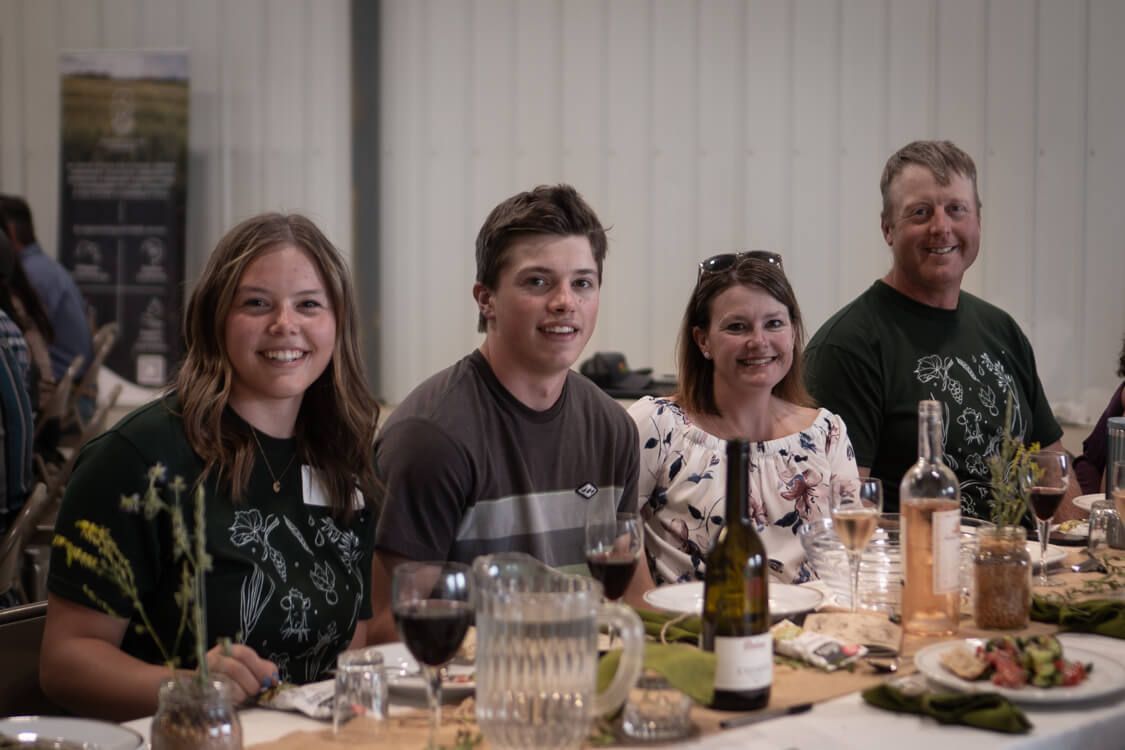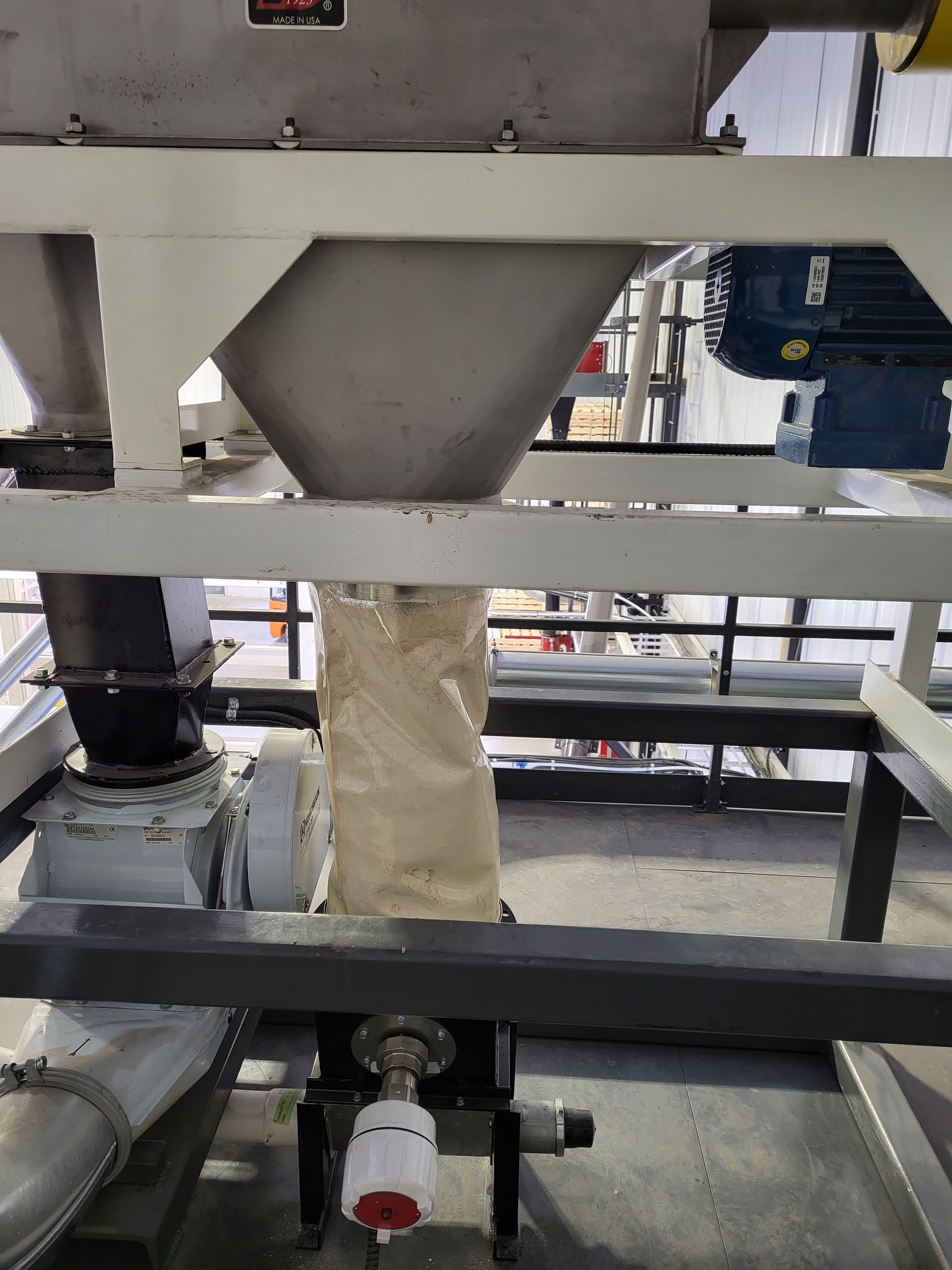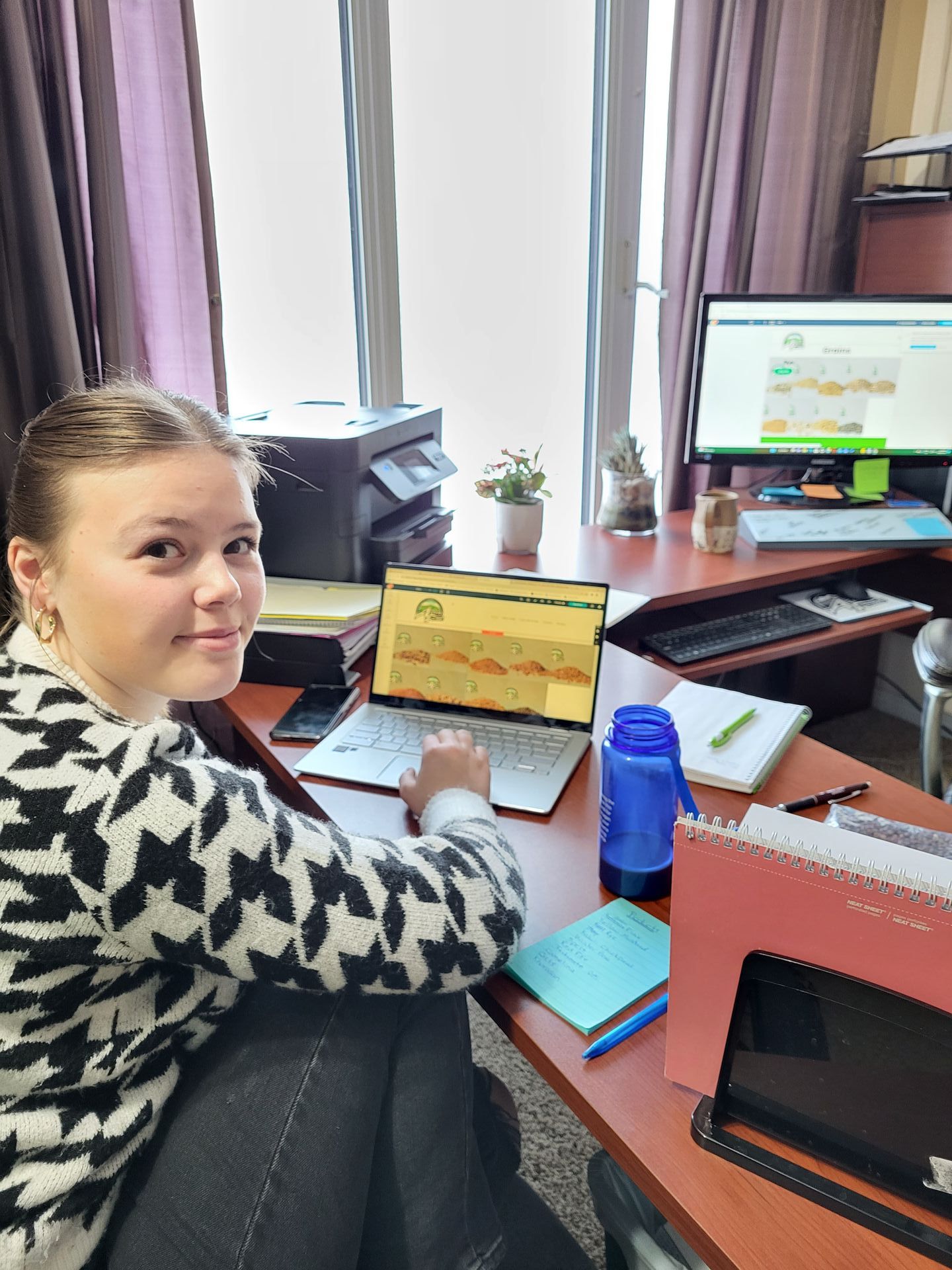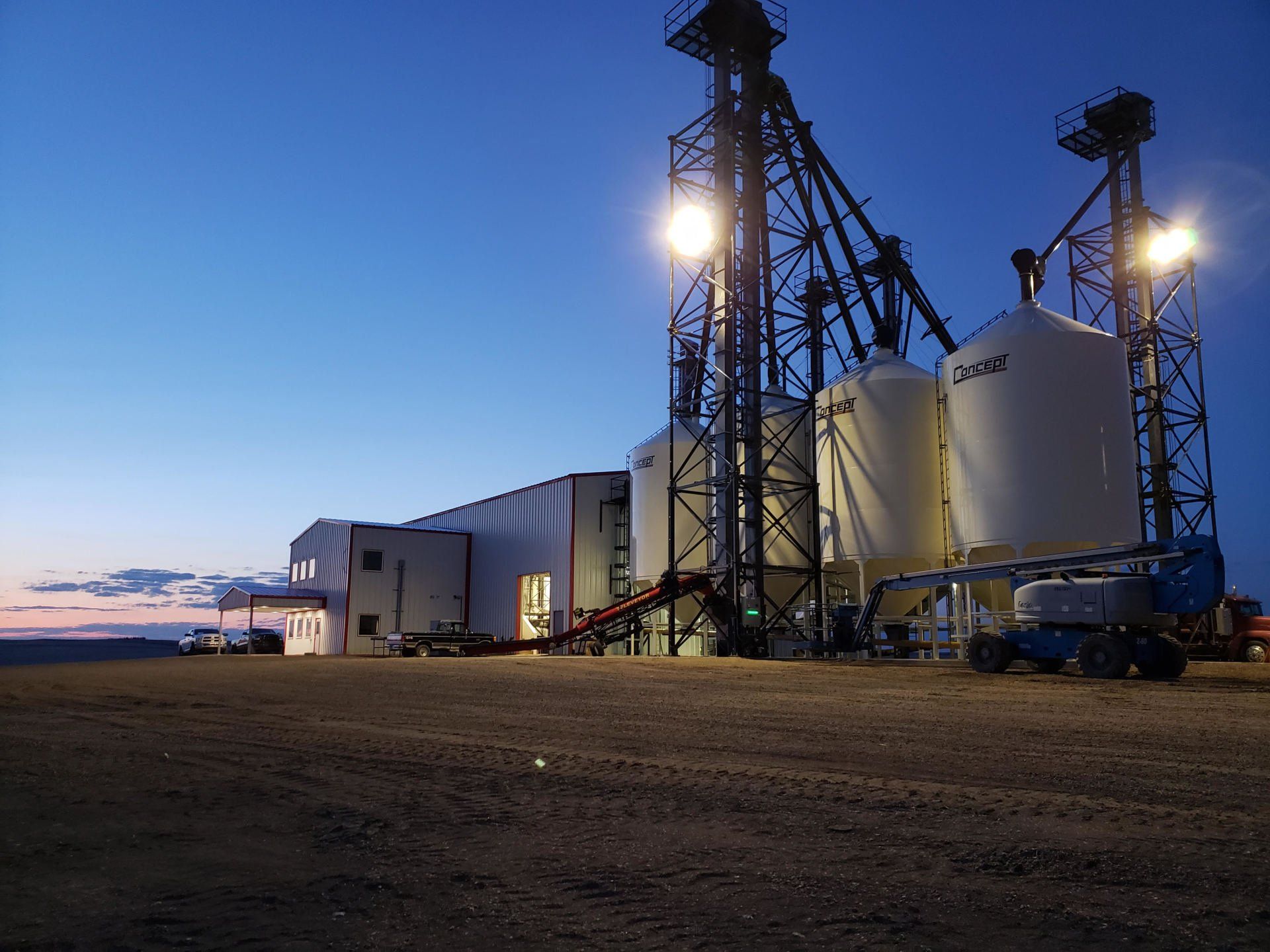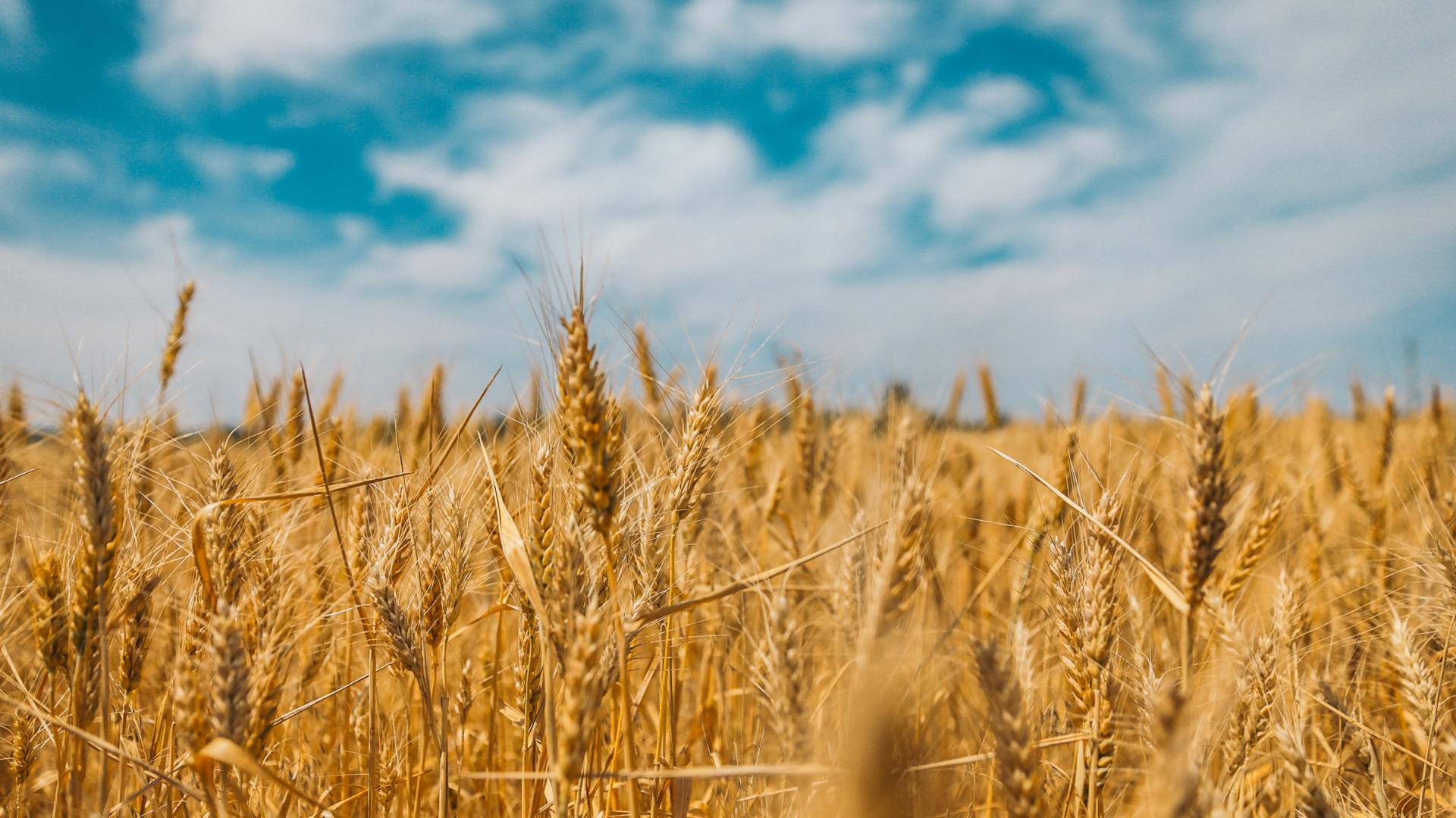Get in touch
306-969-2110
About Axten Farms
Axten Farms is a multigenerational farm that we are proud to be part of. The first Axten’s arrived in the Minton, Saskatchewean area in 1916, and we farm that original homestead today. Thanks to the hard work and dedication of our ancestors, we have expanded our farm and made it what it is today. In 1973, the corporation, Axten Farms Ltd. was formed.
In the beginning, it was believed that in order to turn the natural prairie into productive farm land, it would have to be worked. At this time, the only way to control weeds and plant your seeds was to aggressively work and disturb the soil. Over the years, the idea of summer fallow also became popular. This is where farmers, including us, only seeded half the farm, while spending the summer cultivating the remainder of the land to control weeds and let the soil “rest”. As farmers watched their top soil blow away from the constant working of the soil, and herbicides were introduced, many farmers began to chem-fallow. Land that was not seeded was sprayed with chemicals that would control the weeds and keep anything from growing.
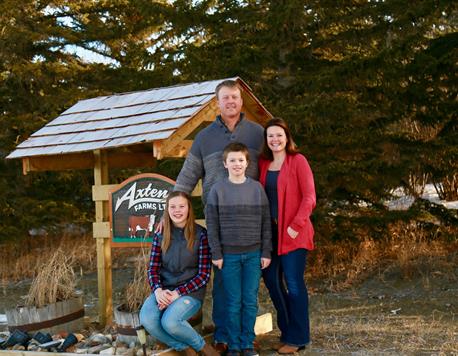
As science has progressed, many farmers now seed all of their land, and use chemicals to help control weeds and disease. As time goes on, farmers have become dependent on chemicals and fertilizers. To us, this did not seem like a solution, and we knew something was missing. This land that our ancestors homesteaded in 1916 produced a diverse amount of grass species without the land being worked or sprayed. It has taken many years of researching, learning and listening, but we believe the key is soil health. This has changed the way we farm, and as we are still learning, we feel we are moving in the right direction!
In 2007, we started using a low disturbance, no-till drill. Our goal during seeding is to move as little soil as possible. Soil is not dirt! Soil is a mixture of minerals, organic matter and living organisms required to support plant life. If you work up the soil, or disturb it in any way, you are destroying the environment needed to sustain soil health. Also, by not tilling the land and growing high residue crops, we reduce water and wind erosion. From soil tests, we know that our organic matter is increasing!
We have also implemented the use of stripper headers. So when we combine our flax and cereal crops, we just take the top of the plant, leaving tall stubble. The stubble catches an even amount of snow to provide moisture for the spring. By leaving as much residue on top of the soil as possible, it acts as armour for the soil. The soil is able to absorb rainfall impact and more water is able to infiltrate rather than run off. The decaying residue feeds the soil microbes, earthworms and other beneficial insects which allows the nutrients to cycle and build soil structure.
We have also increased diversity into our crop rotations. Our goal is to mimic Mother Nature by growing diverse plants. Having a diverse rotation helps control pests and weeds with less reliance on chemical pesticides. It also increases soil fertility with less need for synthetic fertilizer. In the last few years, we have also started intercropping. By growing two crops together, we increase diversity, reduce the spread of disease and lower input use. For example, last year we seeded maple peas with our mustard. The peas fixed nitrogen for the soil, and the mustard helps to hold the peas up and reduce weed competition.
Our goal is to have plants growing as long as the weather allows. We do this by planting cover crops. Cover crops are usually planted after harvest to reduce erosion and soil compaction, increase water infiltration and organic matter, and improve soil health.
On our farm we have struggled with soil compaction. This year, we are setting up RTK towers so that we can start controlled traffic farming. We will try to stay in the same tracks for our field operations, to reduce compaction throughout the entire field. We are excited to give this a try!
Soil health is very complex and we have a lot to learn. Our goal is to take care of what Mother Nature gave us, so that Axten Farms Ltd. is a sustainable farm and can continue for many more generations. If you choose to purchase grain from Axten Farms Ltd. , know that we take pride in how we farm and will continue to care for our soils to produce quality grains!
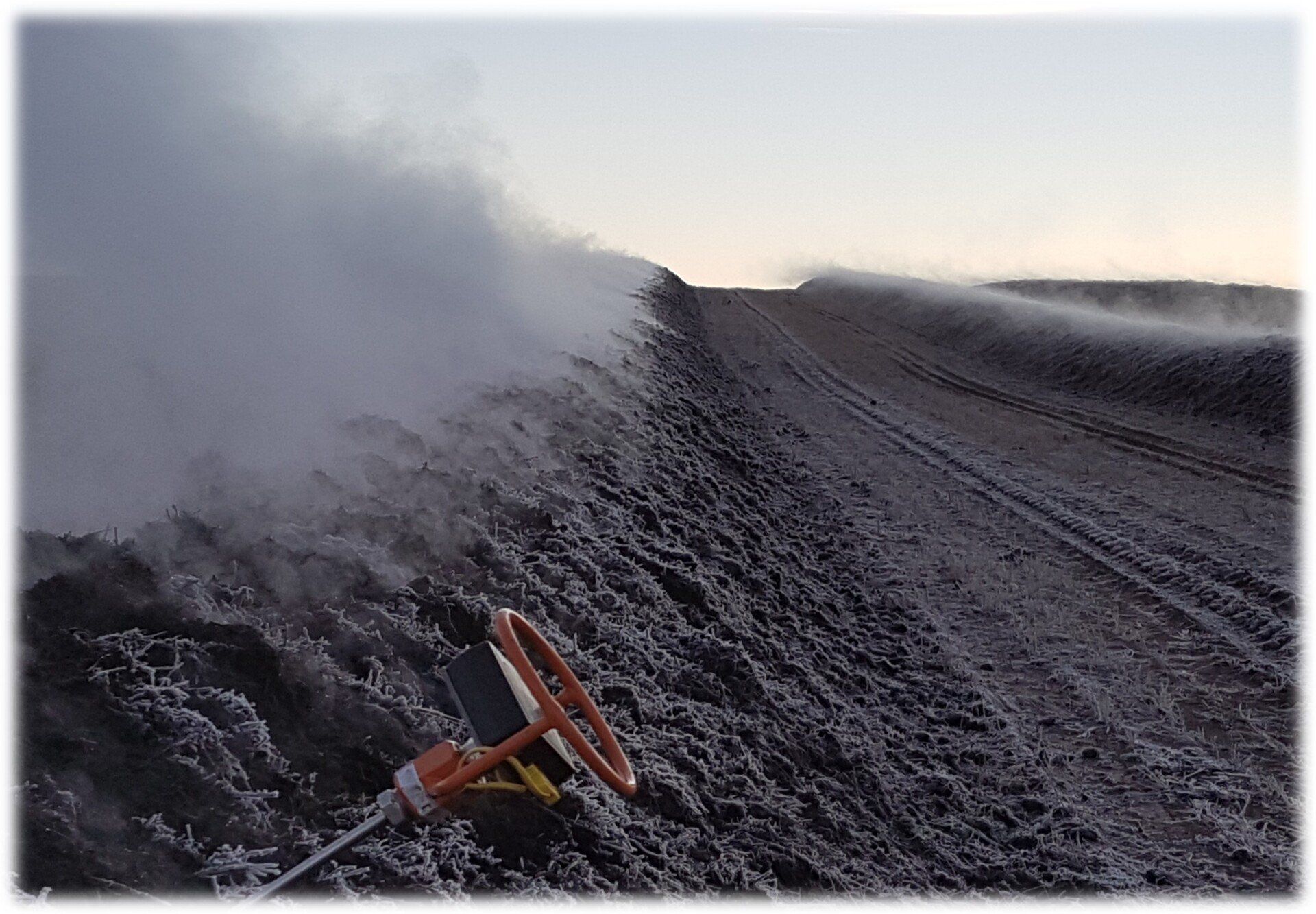
By Tannis Axten
•
22 Jul, 2021
Making compost has become an excellent way for us to recycle byproducts and supply beneficial microorganisms and nutrients to the soil. At this point, we cannot make enough compost to spread on every acre we own, so making compost extract is a way we can reach every acre. Diverse microorganisms are essential for healthy soil. Below is a video to explain how we make compost extract.
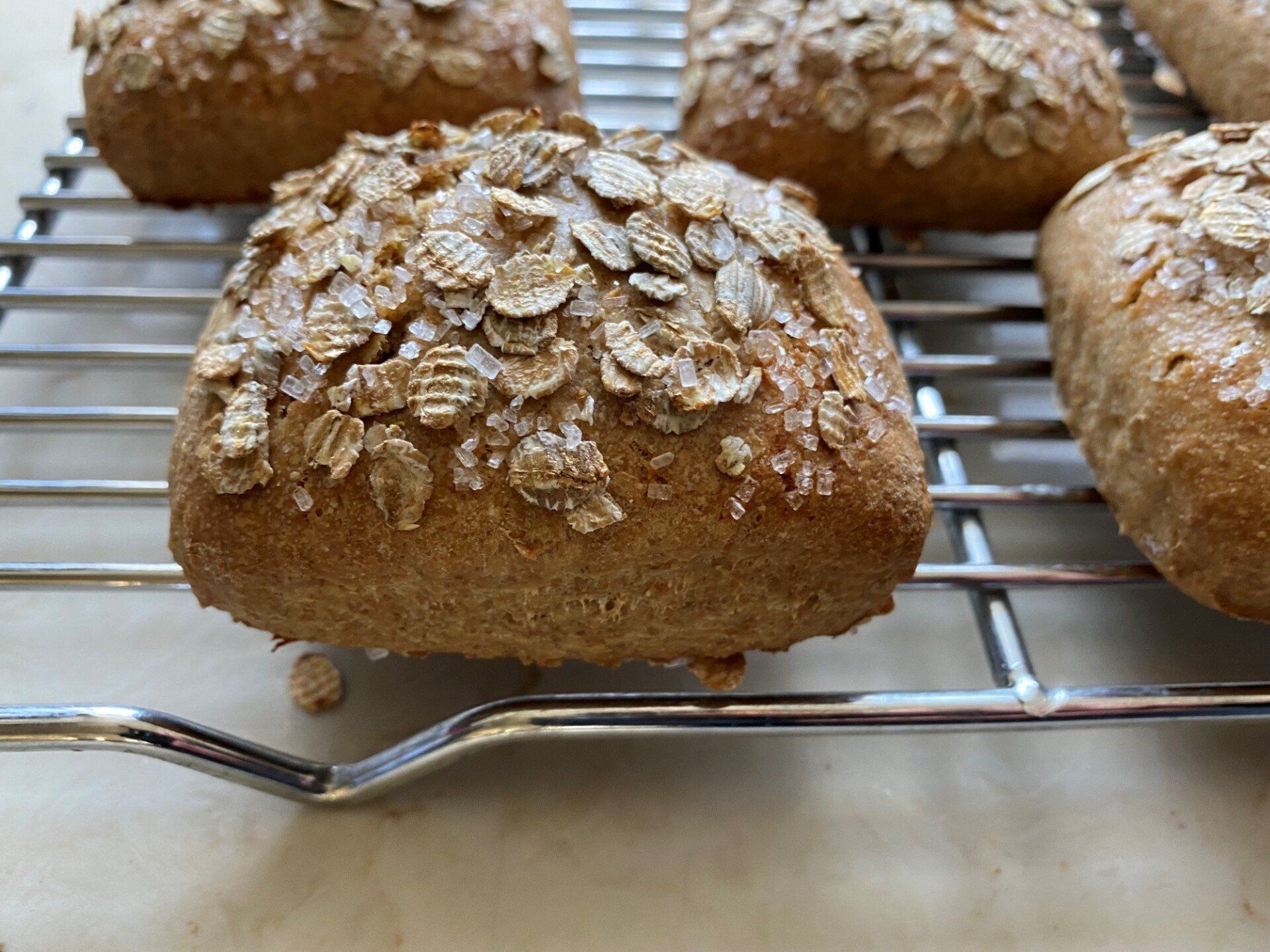
By Tannis Axten
•
14 Jul, 2021
If there is one thing we have learned while farming, it is to keep an open mind. Being open to new ideas has challenged our way of thinking and pushed us to constantly make improvements in our farming system. Seeing our grains as food instead of a commodity has been a great transition. We want to see our products go to those who are as passionate about their ingredients and food as we are about our grains. Introducing and selling our grains to a direct market requires a brand-new perspective. A new perspective is exactly what we needed on our farm team…a cook’s perspective! We are so honored and thrilled to be working with Bridget Bueche. Bridget is a classically trained chef who has in-depth knowledge of food ingredients. She has worked nationally with consumers, farmers, retailers, and manufacturers in their supply-chains to understand and convey the necessity and importance of high quality and nutrient-dense foods. From our farmer perspective, we see the story behind the grain…the field and soil in which it was grown, the amount of rainfall it received, the day it was harvested, etc. Every grain we grow is something we look at with pride and satisfaction. Bridget adds a whole new perspective on our grains. She sees our high food quality and full-flavored single-sourced grains. Bridget is excited to share our story and bridge the communication gap between farmers, food manufacturers, food artisans, home food enthusiast, wellness seekers, doctors, and their patients. Opening our eyes to new perspectives is inspiring and exhilarating! If you have any questions about our products or wholesale purchases, please contact Bridget at [email protected]
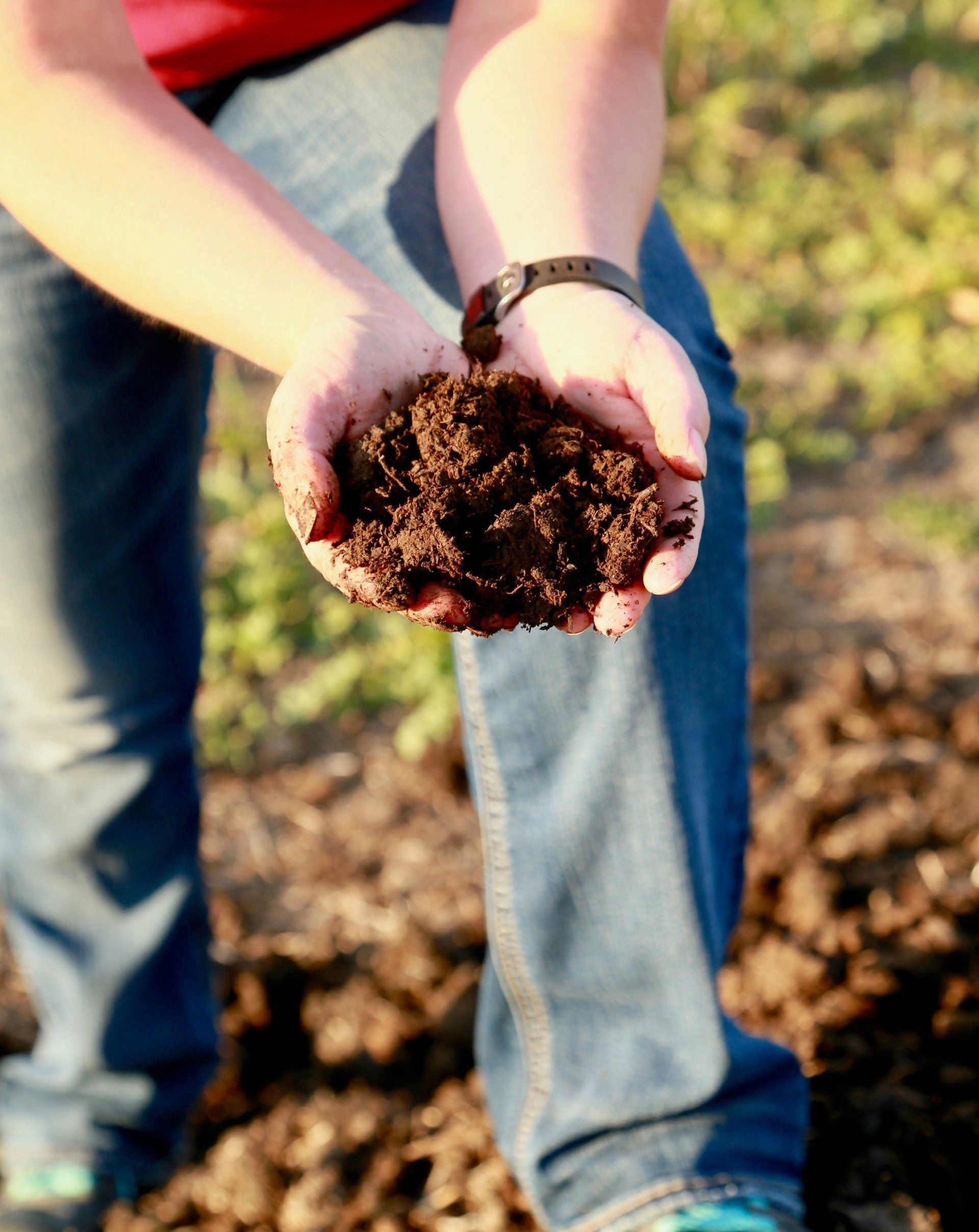
By Tannis Axten
•
24 May, 2019
On July 2nd & July 3rd, 2019, Axten Farms will be hosting two 1 day workshops at Minton, Sask. Dr. Christine Jones will share the latest on Quorum Sensing and Autoinducers and Gerry Gillespie will show us how to make biological products and compost using the SPICE method. Limited space available. $250/person or $400/pair For More information and to Register email [email protected]
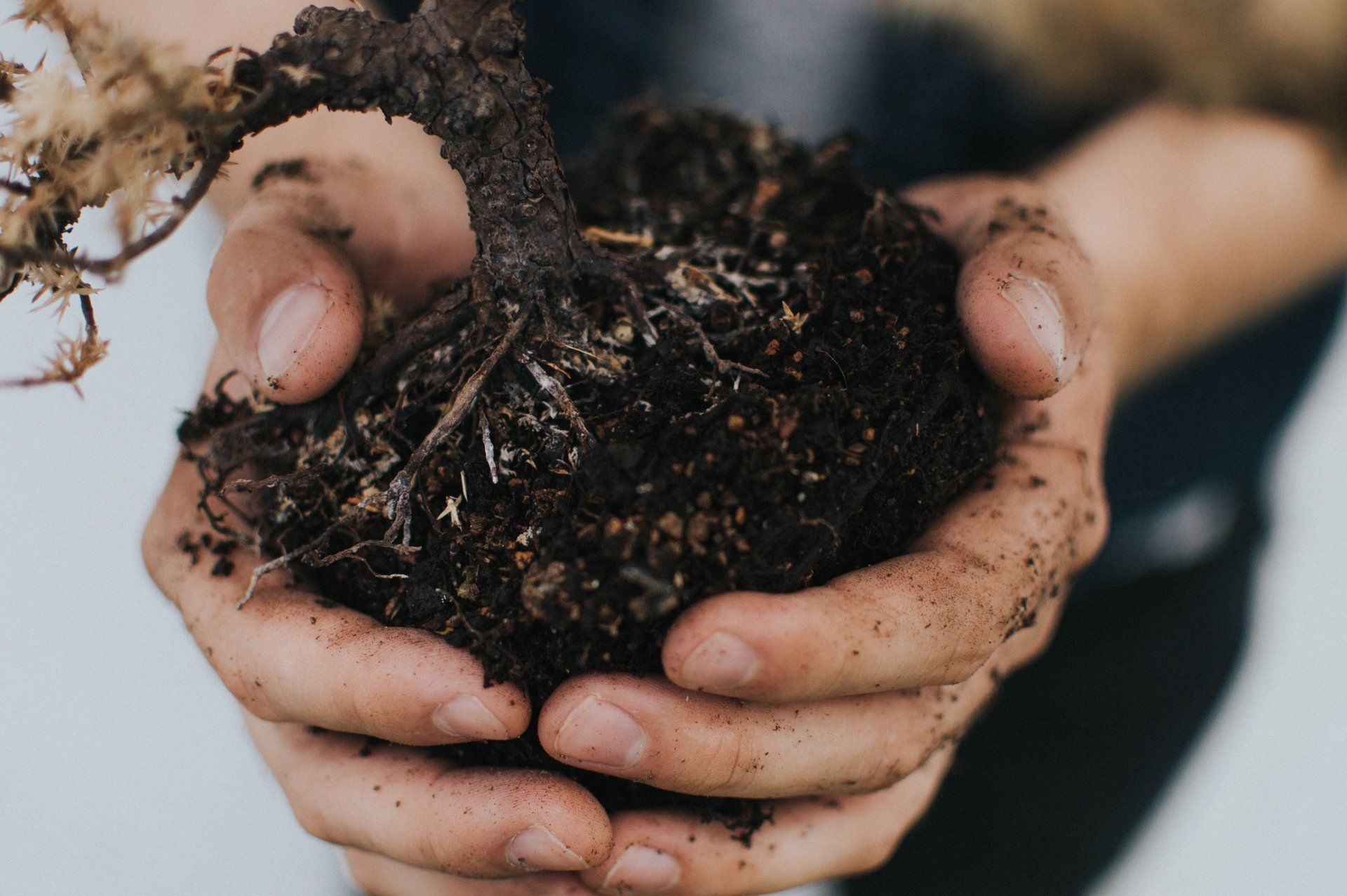
16 May, 2019
The 2017 crops have been seeded. Once again we have seeded many intercrops to increase our diversity. We have lentils/flax, mustard/maple peas, sunflowers/hairy vetch, chickpeas/flax, canola/chickling vetch, and canola/winter peas. The cereals (oats and durum) were not seeded as an intercrop, but were seeded with clovers as a companion crop.

